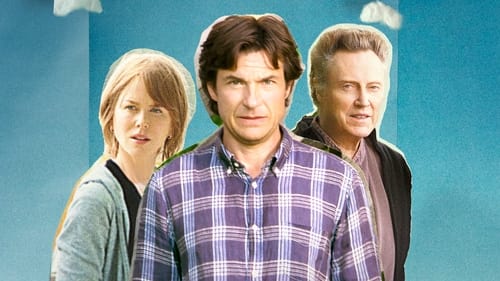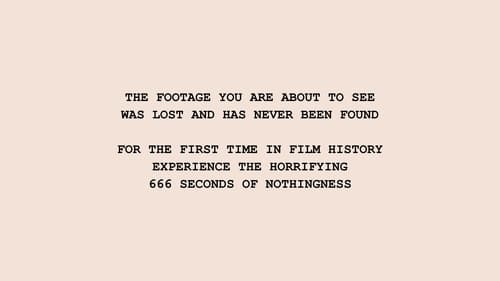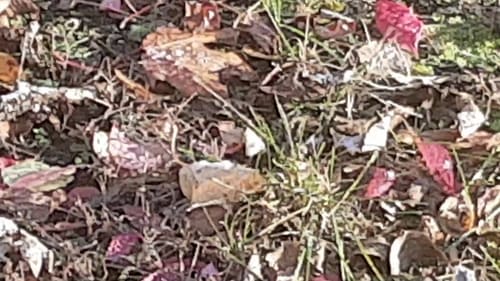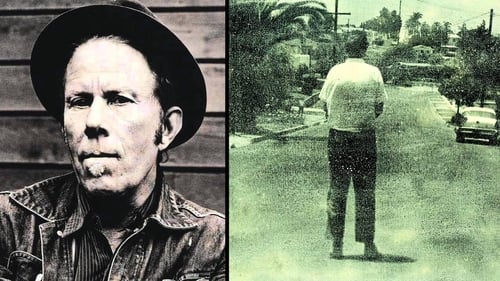Una nascita simulata
Жанр :
Время выполнения : 0М
Директор : Viviana Bonura
Краткое содержание

A brother and sister return to their family home in search of their world famous parents who have disappeared.

Animator Ryan Larkin does a visual improvisation to music performed by a popular group presented as sidewalk entertainers. His take-off point is the music, but his own beat is more boisterous than that of the musicians. The illustrations range from convoluted abstractions to caricatures of familiar rituals. Without words.


"Des-authorized" is the combination of three stories, three realities that coexist and feed. The journey begins in the imagination of Elia K, the principal, who imagines Elijah, a character who is a poor playwright facing the crossroads to be true to his art, or succumb to the pressures of the producers must decide his work between surrender or pay the price of his freedom. On another level, we have Nina and Frederick, the protagonists of the work that Elijah is writing. They only seek to love, they are forced to leave the paper and press the Elijah to them the end that his story deserves, this is the starting point of "Des-authorized" a film set in an imaginary city , colorful and delusional. In the line of "Amelie" and "Stranger Than Fiction", brings a reflection on art, creativity, love and heartbreak.

Zdenek Pešánek created the first public kinetic sculpture, for the power station in Prague. This short experimental film focuses on a kinetic sculpture by Zdenek Pešánek. For a period of eight years it issued beams of light from the outside wall of a transformer station at Prague’s power utility before its destruction in 1939. Though genuine, these shots seem abstract to us. They are a rhythmically assembled ode to the light-creating devices and phenomena of electricity. Light arcs, coils, bulbs and various luminous elements support the alternation of positive and negative film images, creating an impressive universe of light and shade. In the 1920s, Pešánek had obtained financial support for his work with electric kinetic light art. In the 1930s, he was the first sculptor to use neon lights. He built several kinetic light pianos, and published a book titled “Kinetismus” in 1941. —http://www.centerforvisualmusic.org

A short film that covers identity. Avant-garde, non-narrative.

How would a found footage film look if the footage was never found? This conceptual art experiment questions the very nature of film and cinema while serving as an ironic tribute to the found footage horror pop culture. The found footage format provides the narrative justification for such a film to exist: the non-existence exists because the footage existed yet it was lost and never found.

Liza is an abstract film that takes its name from a composition by George Gershwin.

An elegy to a love affair that has gone sour, a fond farewell to that most beautiful material that has subjugated our planet – plastic.

A film about friendship and the occasional loneliness.

This non-narrative short film examines one of the great American icons: the Louisville Slugger baseball bat. The film was conceived by its co-directors, Marlon Johnson and Dennis Scholl, along with the Louisville Orchestra's conductor, Teddy Abrams, to be screened set to a live performance by the orchestra of Claude Debussy's "Jeux".

A dedicated bird watcher observes a hawk and journeys to the limits of what it means to be human.

A cinematic journey through the world. Non-verbal.

The epic life of a world-class artist, jammed into six minutes.

This short film is part of a mixed media artwork of the same name, which also included postcards of Ader crying, sent to friends of his, with the title of the work as a caption. The film was initially ten minutes long, and included Ader rubbing his eyes to produce the tears, but was cut down to three and a half minutes. This shorter version captures Ader at his most anguished. His face is framed closely. There is no introduction or conclusion, no reason given and no relief from the anguish that is presented.

One of a series of ‘falls’ by Bas Jan Ader that he recorded on film, this work was filmed in West Kapelle, Holland in 1970.

Bas Jan Ader hangs from the branch of a tall tree, until he loses his grip and falls into a river below.

Shot in his garage-studio, the camera records Ader painstakingly hoisting a large brick over his shoulder. His figure is harshly lit by two tangles of light bulbs. He drops the brick, crushing one strand of lights. He again lifts the brick, allowing tension to accrue. The climax inevitable—the brick falls and crushes the second set of lights. Here the film abruptly ends, all illumination extinguished.










